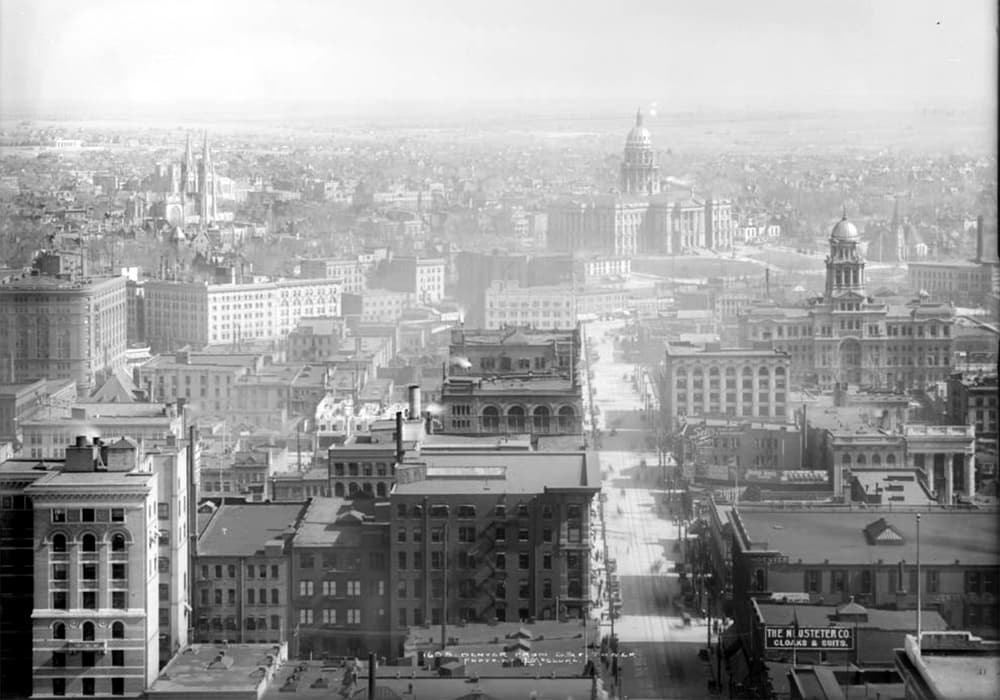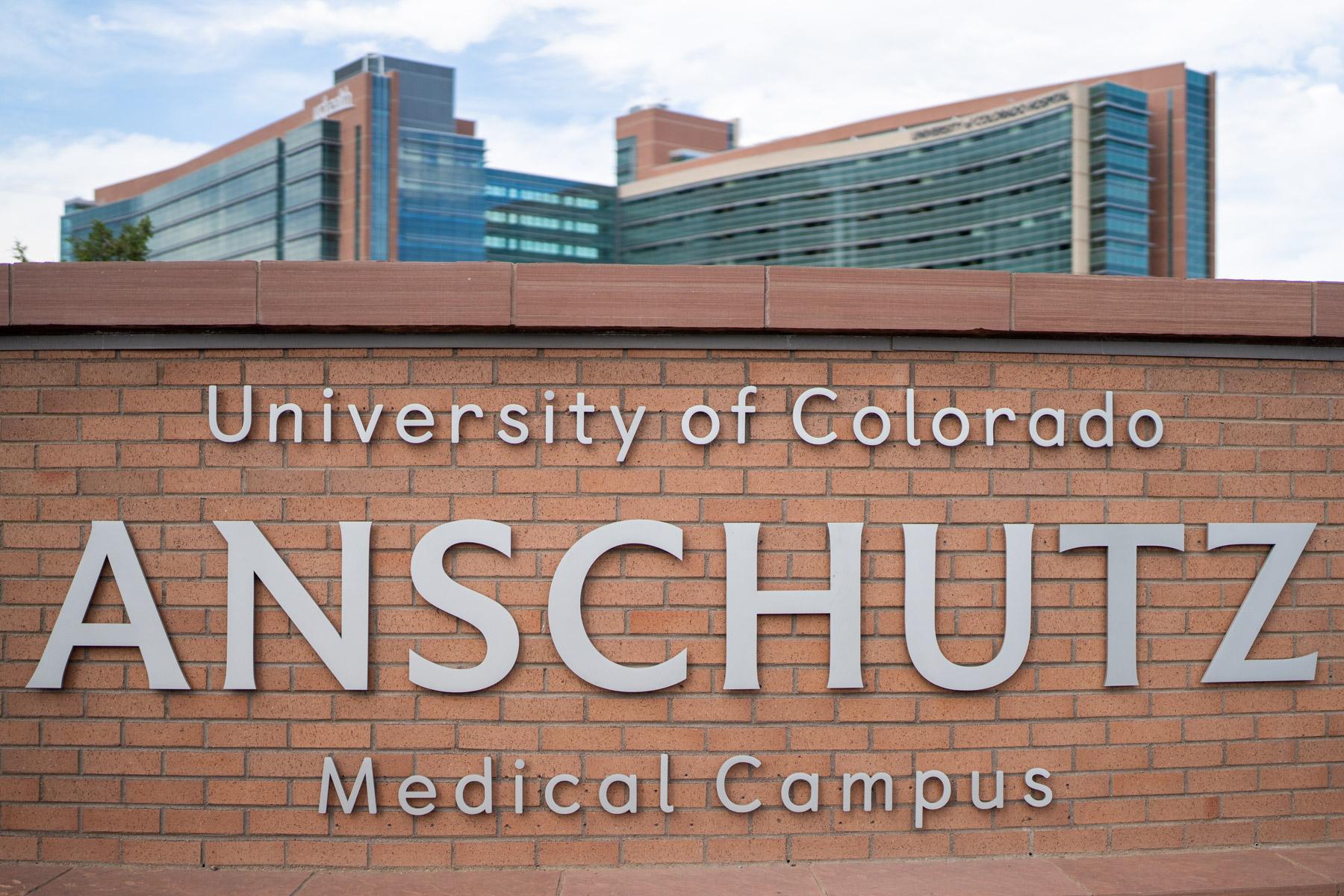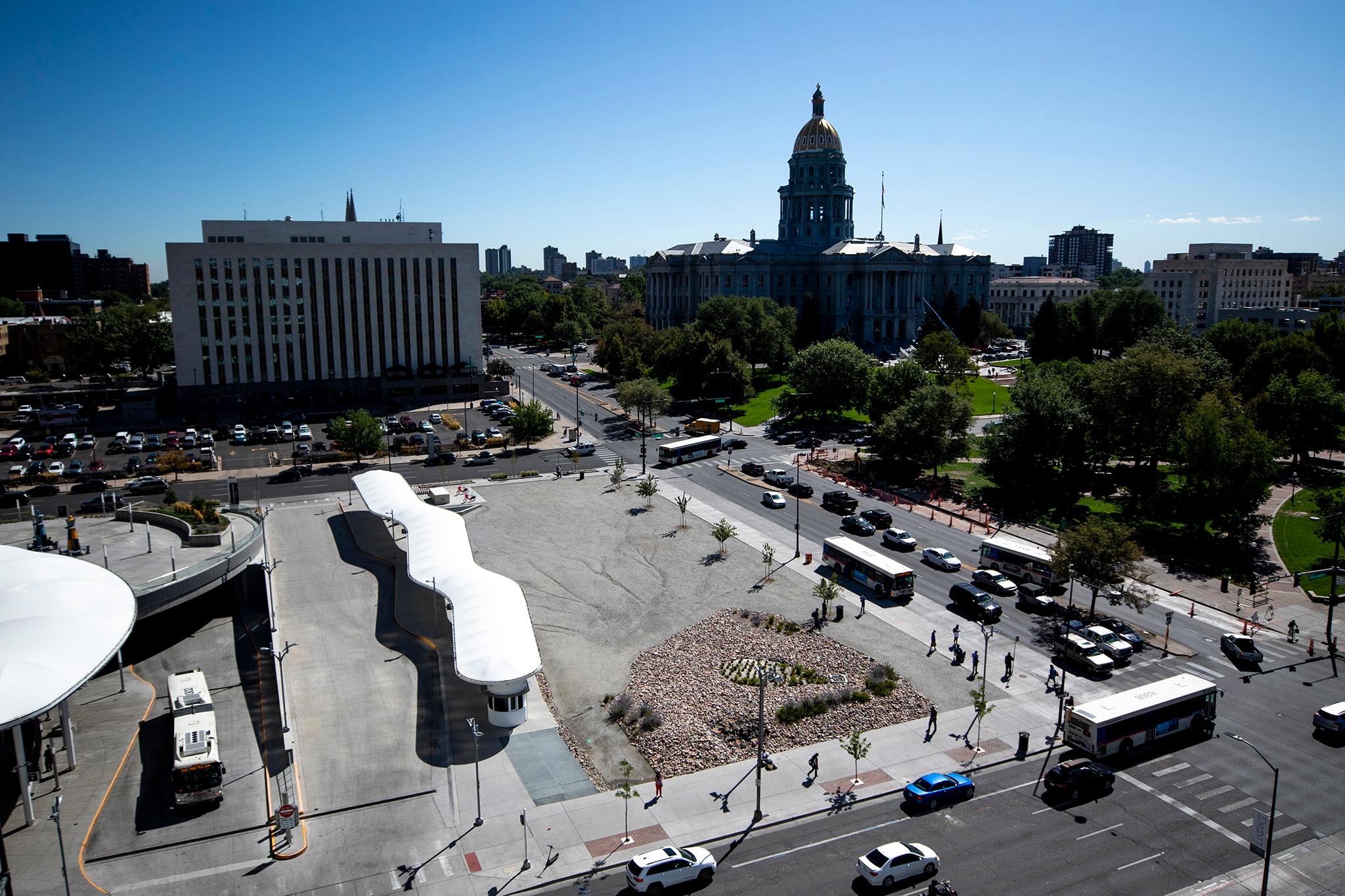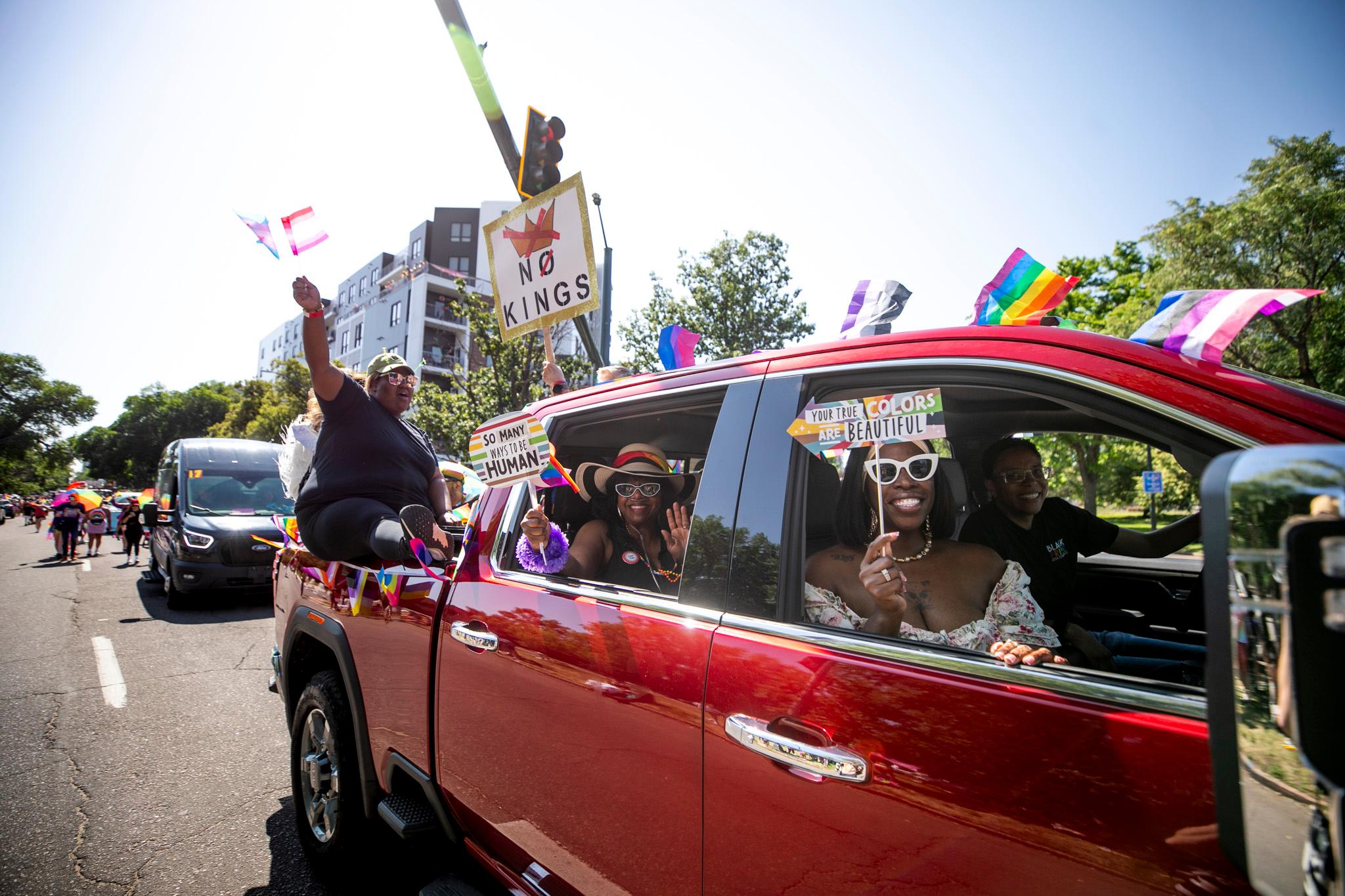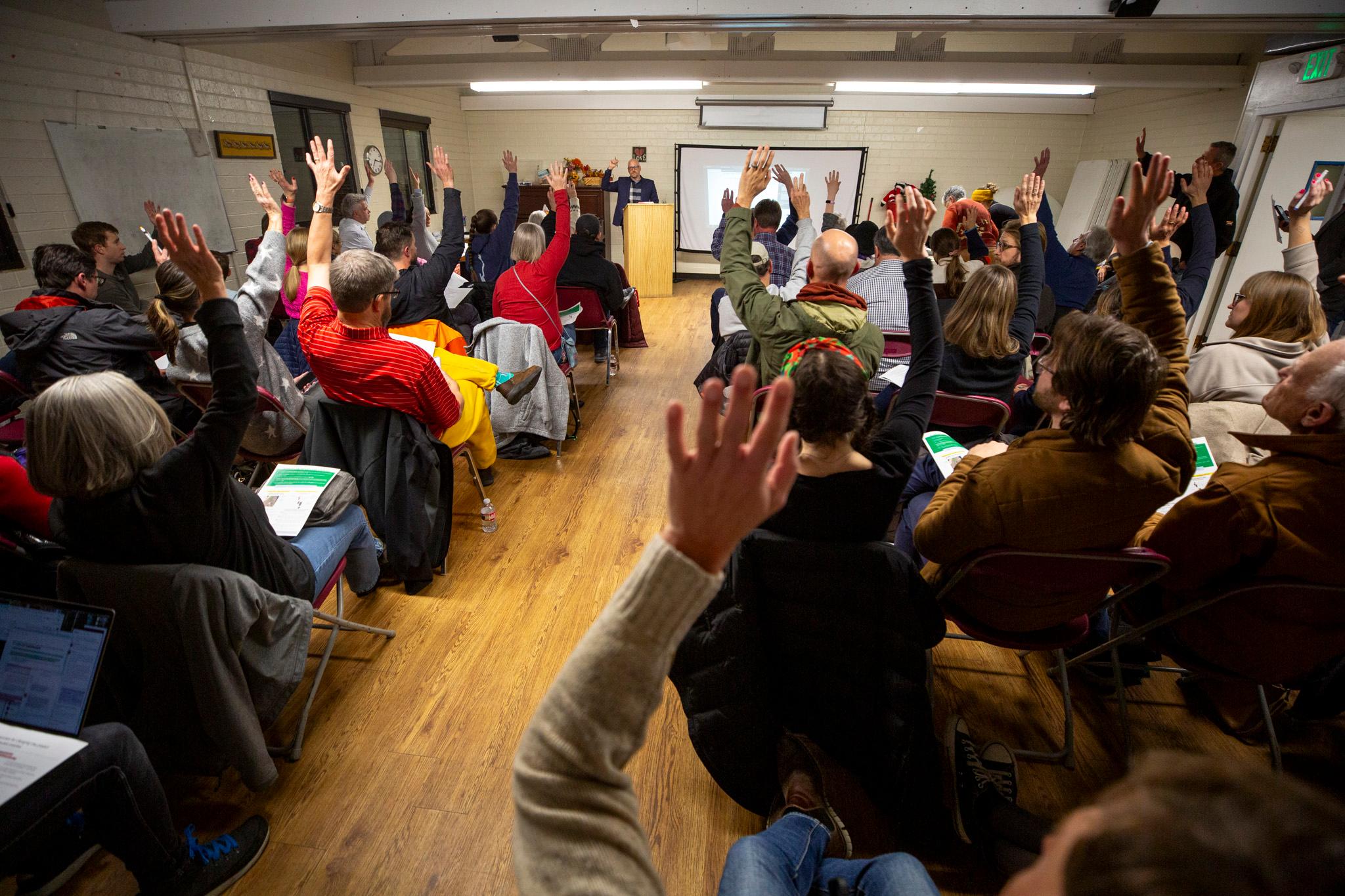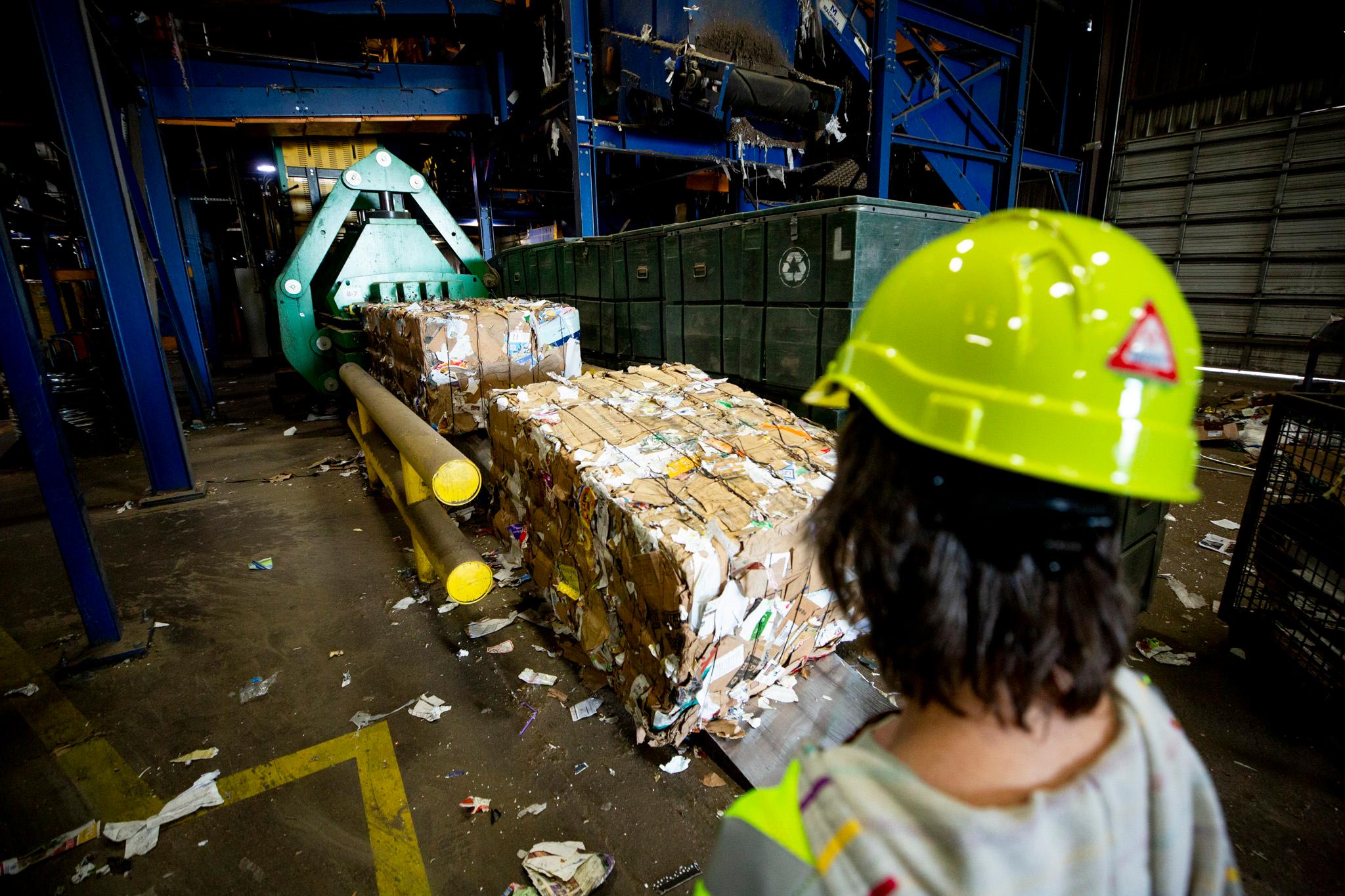Good morning. I'm your Sunday operator today, and I've got a nice little crop of morning reads for you. We've got more on a huge marijuana exporting operation, Denver's mobile restrooms, the I-7o conundrum and a big feature for Mayor Michael Hancock.
Legal and illegal:
Eight people accused of smuggling huge amounts of pot out of Colorado have or previously had legal marijuana licenses, as Jesse Paul reports. Legalized marijuana, in other words, hasn't killed the illegal industry, especially with black markets still available just across state lines. (DP)
Making restrooms public:
Denver operates two mobile public restrooms, moving them from neighborhood to neighborhood, as Katie Pyzyk reports. The city pays about $12,000 a month to lease each facility. In its first year, the project has shown that it's not just homeless people looking for restrooms, but also bar patrons and tourists. One caveat: the area of effect for each one is pretty small. (CityLab)
The I-70 problem:
If nothing changes, travel times on I-70 westbound could triple by 2035, resulting in a four-hour drive to Copper Mountain, as Michael Behar reports in this in-depth piece. An expansion to three lanes in each direction might cost about $2 billion, plus billions more to expand the Eisenhower Tunnel. Guess why we can't afford it? TABOR, in large part. Good read - no mention of mass transit, though. (5280)
Star turn for Hancock?
The Economist holds up Mayor Michael Hancock as an example of a "big beast" of municipal politics. On immigration, the publication suggests that Hancock has protected immigrants while dancing around the "trap" that President Donald Trump has laid for sanctuary cities. In short, the piece argues that Hancock is one of a few Democratic city leaders who might reach beyond the city. (Economist)

